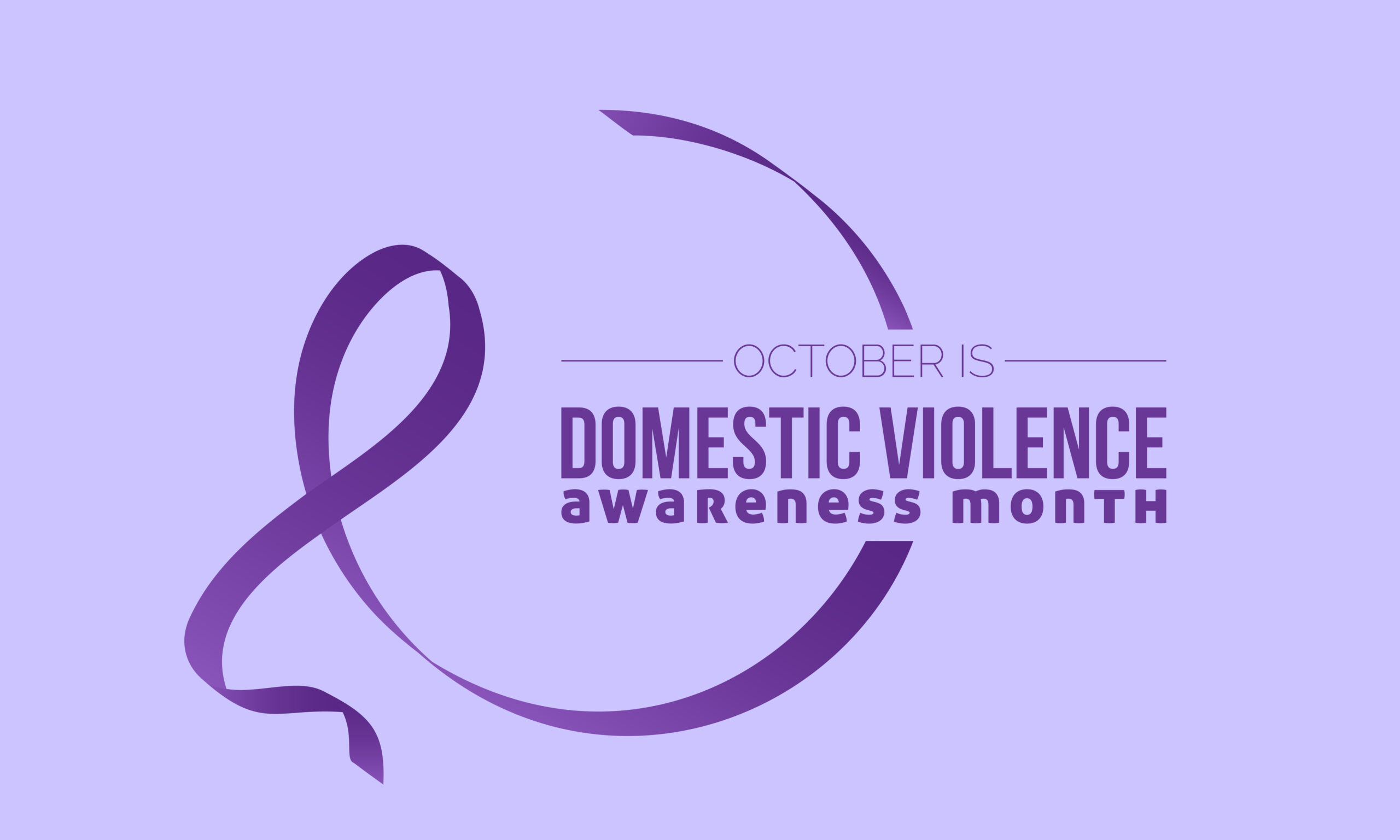October is National Domestic Violence Awareness Month, a time dedicated to shedding light on the pervasive issue of domestic violence and providing support to survivors. Domestic violence affects millions of individuals across the U.S., transcending age, gender, socioeconomic background, and culture. According to the National Coalition Against Domestic Violence (NCADV), one in four women and one in nine men will experience severe intimate partner violence in their lifetime. These alarming statistics underscore the importance of continued advocacy, education, and prevention efforts. National Domestic Violence Awareness Month serves as an opportunity for communities to unite, raise awareness, and work toward eradicating domestic violence.
One particularly manipulative tactic used by abusers is DARVO—Deny, Attack, Reverse Victim and Offender. This strategy involves the abuser denying their actions, attacking the victim for speaking out, and then reversing the roles to portray themselves as the true victim. This psychological manipulation leaves survivors feeling disoriented, guilty, and unsure of what’s real, making it even harder to escape harmful situations. A well-known example of this is what happened to Gabby Petito, whose tragic story highlighted the devastating consequences of abuse.
Gabby Petito’s case gained widespread attention when she disappeared during a cross-country road trip with her fiancé, Brian Laundrie, in 2021. The tragic story brought to light the dynamics of abusive relationships, especially the use of manipulative tactics like DARVO (Deny, Attack, Reverse Victim and Offender). A key moment in their troubled relationship occurred during an interaction with the police in Moab, Utah, on August 12, 2021, just weeks before Gabby’s death.
That day, a 911 caller reported seeing a man (Brian) slapping a woman (Gabby) outside their van. The Moab police pulled the couple over after the van was seen swerving on the road. When officers approached Gabby and Brian, Gabby was visibly distraught, crying and apologizing, while Brian appeared calm and composed. Their conflicting stories about what happened led to an investigation.
Gabby admitted to being upset and explained that the couple had been arguing all day. She said she had slapped Brian during the argument because of her anxiety, and Brian claimed that he had only pushed her away to avoid being hit. The officers noted that Gabby seemed emotionally unstable, while Brian presented himself as calm, even charming. Despite signs of distress, Gabby repeatedly took responsibility for the incident, further illustrating the emotional manipulation often present in abusive relationships.
Here’s where DARVO comes into play: Brian subtly reversed the roles. While there were witnesses who had seen him hit Gabby, he denied this, downplayed his own actions, and painted Gabby as the aggressor. Although Gabby was the one visibly distressed and showed signs of emotional turmoil, Brian managed to steer the narrative to make it seem like she was the problem and he was the reasonable, controlled partner.
The Moab police, after assessing the situation, ultimately treated Gabby as the primary aggressor, suggesting that she was suffering from a mental health crisis. They separated the couple for the night, with Gabby staying in the van and Brian put up in a hotel, but they didn’t make an arrest. Brian’s calm demeanor, coupled with Gabby’s emotional state, played into a stereotypical assumption that the woman was overly emotional and at fault, while the man appeared level-headed and therefore blameless. This misjudgment by authorities exemplified how abusers can manipulate situations, downplaying their role in the conflict while escalating the victim’s distress, which is a hallmark of the DARVO tactic.
In hindsight, we now know that this encounter was a red flag, one of many leading up to Gabby’s tragic death. Her body was found in Wyoming about a month later, and her death was ruled a homicide by strangulation. Brian Laundrie was later found dead by suicide in a nature reserve, leaving behind a notebook in which he admitted to killing Gabby.
The Moab traffic stop has since been scrutinized for how the officers handled the situation. It underscored the challenges law enforcement faces in identifying and responding to emotional abuse, especially when abusers use DARVO tactics to manipulate perceptions and shift blame onto their victims. In Gabby’s case, her emotional distress and willingness to accept blame likely obscured the true dynamics of their relationship and the underlying abuse she was experiencing.
I’ve shared my own story of domestic violence, where for much of my 20s and early 30s, I was trapped in an abusive, toxic, and violent relationship. I consider myself fortunate to have survived.
The day my abuser used the DARVO tactic against me is forever etched in my memory as the worst day of my life—Columbus Day weekend, fifteen years ago. As that weekend approaches each year, I am filled with anxiety, reliving the trauma of that pivotal moment. I didn't just almost lose my life - I almost lost my freedom.
Despite this terrifying experience, I went back to my abuser, as is common with most victims. It usually takes women at least 7 attempts to leave an abusive relationship – And How You Can Help It wasn’t until 2013, after he threw me out of a moving car in front of my parents, that I finally made the decision to leave for good. I filed for divorce and took back control of my life.
Looking back, I know how fortunate I was to have survived and to have rebuilt my life. Fifteen years later, I am still haunted by what happened, but I don’t regret my past or wish to shut the door on it. Instead, I draw strength from those painful memories. They remind me of my resilience and fuel my passion for fitness and my drive to achieve my goals. Though I haven’t spoken much to my colleague who helped me that weekend, I will always be grateful for his presence in my life when I needed it most.
As we observe National Domestic Violence Awareness Month, I hope that my story encourages others to seek help, know their worth, and understand that they, too, deserve to live free from violence.
If you or someone you know need help, it is available. Call the National Domestic Violence Hotline at (800) 799-SAFE, or visit the national hotline website






